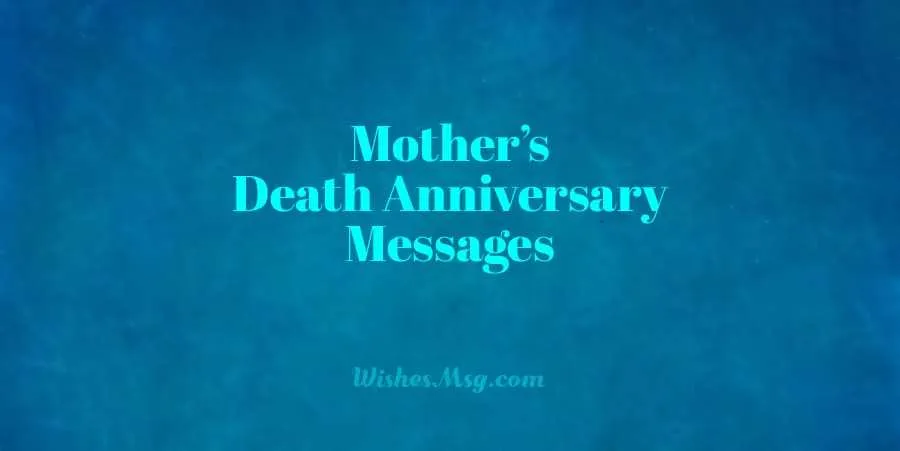Honoring a Loved One on the Anniversary of Their Passing with a Heartfelt Tribute

Honoring a loved one on their death anniversary can be a meaningful and healing experience. When crafting a tribute message, aim for sincerity and personal reflection. Speak from the heart, sharing memories and feelings that truly resonate with the person’s legacy.
Express gratitude for the time spent together. Reflect on the impact they had on your life, and acknowledge their qualities that made them special. Mention specific memories or actions that remind you of their presence, as these details create a more authentic tribute.
Consider using a gentle, yet uplifting tone. It’s important to find a balance between mourning and celebrating their life. Even on the anniversary of their passing, remembering their joyful moments and contributions can provide comfort to those who grieve.
Death Anniversary Tribute Message
Pay tribute by focusing on the qualities that made the person unique. Reflect on their character, the memories shared, and the lessons learned. Express gratitude for their influence, whether through their kindness, humor, or unwavering support. Acknowledge how their presence shaped lives and how they continue to be felt in daily moments.
Keep the message personal. Share a specific memory that stands out, something meaningful that captures their spirit. It can be as simple as recalling a conversation or a shared laugh that brightened the day. Remind others of the impact the person had on the world around them, showing how their legacy continues through acts of love, kindness, or strength.
Honor their life by speaking from the heart. Write a message that offers comfort and celebration, avoiding sorrow or pity. Instead, focus on the positive, uplifting aspects of their existence and how they still inspire you and others. A well-crafted tribute doesn’t need to be long but should resonate with those who read it.
How to Write a Heartfelt Message for a Loved One’s Death Anniversary
Begin with a sincere expression of your emotions. Reflect on the qualities and memories that made your loved one special. Acknowledge the impact they had on your life, whether it was their kindness, sense of humor, or wisdom. Focus on what you truly miss about them, making it personal and specific.
Share a meaningful memory or experience that you hold dear. It could be a moment that still brings you comfort or something you wish you could relive. Let your message show how their influence continues to shape your life, even in their absence.
Keep your tone warm and genuine. Avoid overly formal language; instead, speak from the heart. This is a time for authentic connection, not for perfect wording. Acknowledge the pain of loss, but also express gratitude for the time you had together.
End with a message of love or remembrance. A simple “I will always carry you in my heart” can leave a lasting sentiment. Conclude your tribute with a hopeful or peaceful note, offering a sense of comfort or closure for both you and the reader.
Incorporating Personal Memories into a Tribute Message
Share a meaningful story that highlights a memorable moment with the person you’re honoring. Think about a moment that showcases their personality or how they impacted your life. Use specific details that make the memory vivid and real. For example, if they had a favorite hobby, mention how they made it special or how they shared it with others.
Include a personal anecdote that reflects their values or something they held dear. This could be a conversation, a piece of advice they gave you, or an act of kindness that stayed with you. Don’t just state facts–bring these memories to life with sensory details, such as the sound of their laughter or the warmth of their smile.
Incorporate small, personal touches that reflect their uniqueness. Maybe they had a catchphrase, a habit, or a favorite place that meant a lot to them. These little details can turn a simple tribute into something heartfelt and one-of-a-kind. Share how those moments made you feel or how they shaped your perspective.
Personalize your message further by including how they influenced you or others in everyday situations. Was there something they did that you now carry with you in your own life? This reflection can create a connection that goes beyond remembering their actions, but also their lasting impact.
Finally, balance the emotions by expressing gratitude for having shared those moments with them. Acknowledge their legacy in a way that feels honest and uplifting, while honoring the depth of your relationship.
Choosing the Right Tone and Language for a Death Anniversary Tribute
Start with a tone that feels authentic to the person being remembered. Whether it’s heartfelt, reflective, or light-hearted, the language should reflect their personality and the relationship you had with them. Consider these tips for finding the right approach:
- Personalize the Message: Use specific memories or anecdotes that capture the essence of the person. This helps create a tribute that feels genuine, not generic.
- Avoid Overly Formal Language: While a respectful tone is necessary, keep the language natural and intimate. Avoid stiff or overly technical terms that distance the reader from the message.
- Balance Emotion with Positivity: It’s important to express grief, but also to highlight the joy the person brought to your life. Focus on their qualities and the impact they made, rather than only their passing.
- Be Concise and Meaningful: A tribute doesn’t need to be long. Let each sentence carry weight, and focus on what matters most about the person and the time spent together.
- Respect the Feelings of Others: Consider the audience who will read the tribute. Use language that resonates with both your emotions and theirs, being mindful of varying levels of grief.
By aligning your tone with the memory you want to honor, the tribute will feel more personal and meaningful, leaving a lasting impression on those who read it.